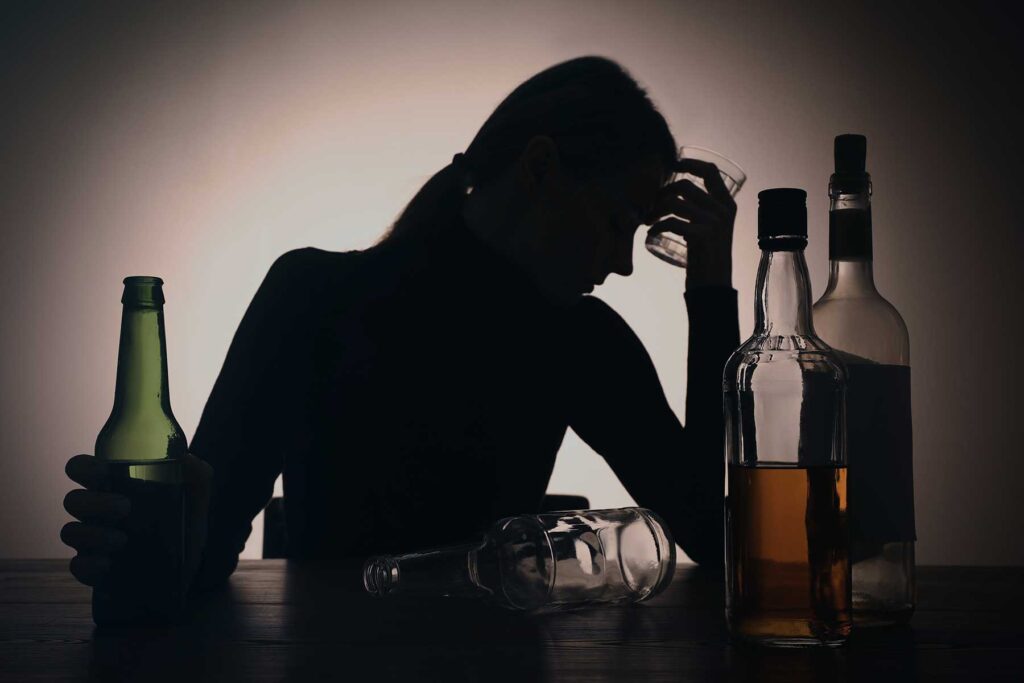People struggling with alcohol addiction—also referred to as alcohol use disorder (AUD)—often find themselves blaming others for the problems they have caused. Addiction can make people act out of character or do things they would not do when sober. This can be tough to face, and it may be easier to blame others than accept responsibility for unsavory actions. If you choose 12-step-based treatment for alcohol addiction recovery, you will learn how to stop blaming others, take responsibility for wrongdoings, and improve to achieve a satisfying sober lifestyle.
At Promises Brazos Valley, we understand that alcohol addiction can turn you into someone you do not like. But that does not mean you have to live in denial or embarrassment. Our alcohol detox and addiction treatment programs provide 12-step-based treatment to help you work through past wrongdoings and character defects, like blaming others, to move forward in your recovery. Call us today at 979.426.0086 to learn more about 12-step-based treatment and how it can support lasting sobriety.
Why Do Alcoholics Blame Others?
Alcohol use disorder is a complex disease, and many factors, including character defects, contribute to a person’s alcohol misuse. Overcoming AUD can be difficult if these factors are not addressed.
But why do alcoholics blame others for the unwanted consequences of addiction? Blaming others is one of the character defects referred to in the Alcoholics Anonymous (AA) 12-step program. Some of the reasons people with addiction blame others are the following.
Denial
When people are confronted about their drinking habits, a typical response is to deny there is a problem. But some may wonder, “Why do alcoholics blame their spouses for their drinking?” After all, blaming is different from denial.
You may feel defensive if a loved one says you drink too much or too often. Instead of taking a step back and looking at your alcohol consumption objectively, you may lash out and blame the other person for overreacting.
Embarrassment
Genetics can play a significant role in a person’s vulnerability to developing addiction, making even moderate drinking risky for some. If you have a family history of AUD, you may have a more challenging time drinking with friends without going overboard. If you do not understand how your genetics can trigger addiction more easily in you, you might feel embarrassed that you cannot control your drinking like your peers can. Instead of admitting to embarrassment over this, you may blame others for encouraging you to drink in the first place.
Guilt
People with alcohol addiction sometimes blame others because they feel guilty and ashamed. They do not want to admit they made poor choices, so they shift responsibility away from themselves to other people or situations. This is called projection—projecting your feelings onto someone else makes you feel better about yourself when you feel anxious about your mistakes.
Why Do Alcoholics Blame Their Spouses?
A person struggling with alcohol addiction often blames others to avoid taking responsibility for their actions. And many times, their spouse will receive much of the blame. This is usually because their spouse is the person closest to them and who they spend the most time with, making them somewhat of an easy target. Someone with AUD may blame their spouse for:
- Stressing them out and making them want to drink
- Not helping them moderate or quit drinking
- Nagging them about their drinking
If the person’s spouse also drinks excessively, they may blame their partner for their addiction, claiming that their spouse encourages their drinking. Regardless of whether your spouse makes you feel anxious or stressed or consumes alcohol around you, it is crucial to take responsibility for your actions. Getting help from an addiction treatment program can provide you with the support and therapy you need to manage life stressors and alcohol dependence.
Get Support for Alcohol Addiction Recovery at Promises Brazos Valley
At Promises Brazos Valley, we understand that it is not easy to admit you have a drinking problem. And it can be even more difficult for you to accept help from others, but it is essential that you do if you want to recover. Contact Promises Brazos Valley today at 979.426.0086 to enroll in our 12-step-based alcohol addiction treatment program.

